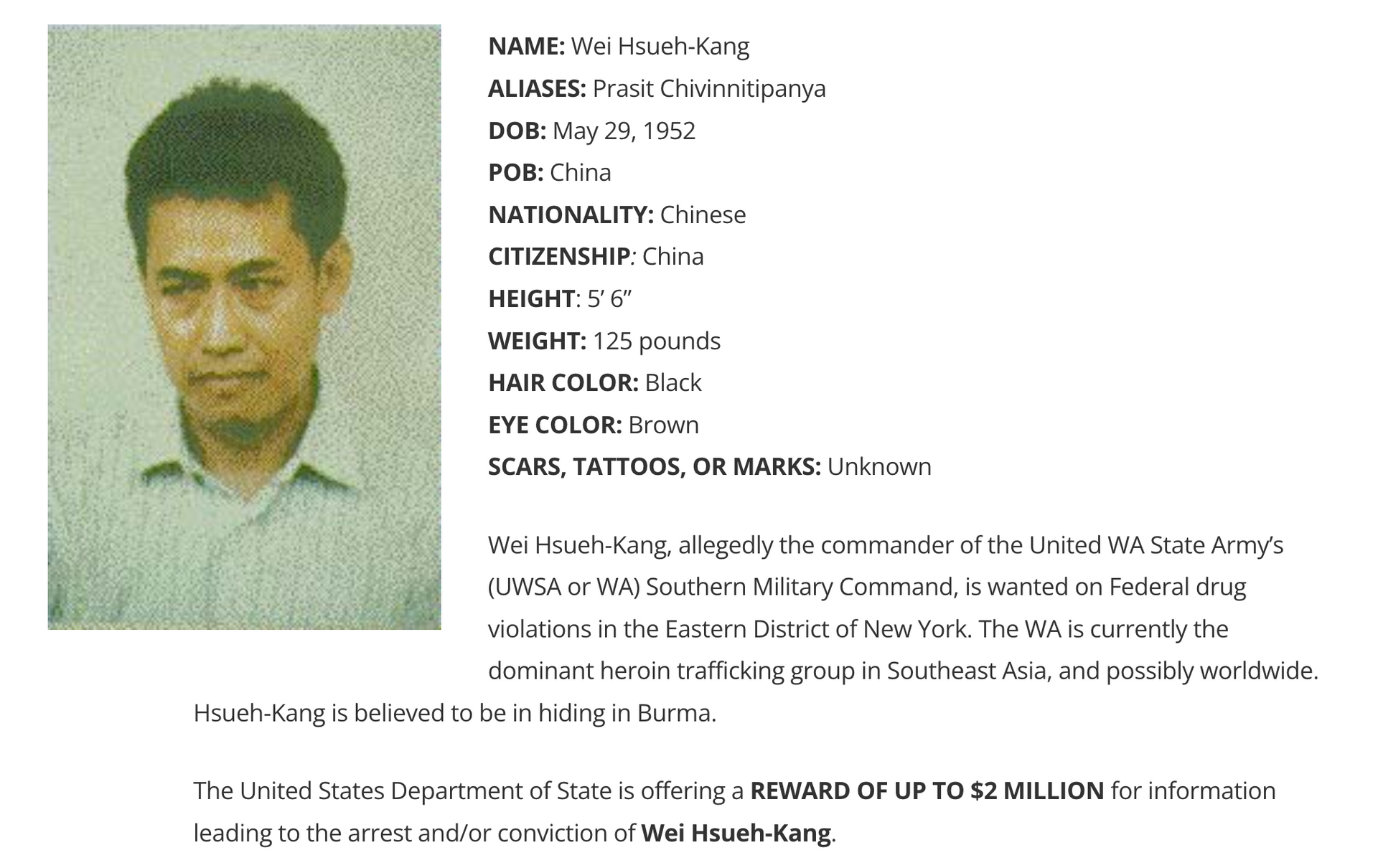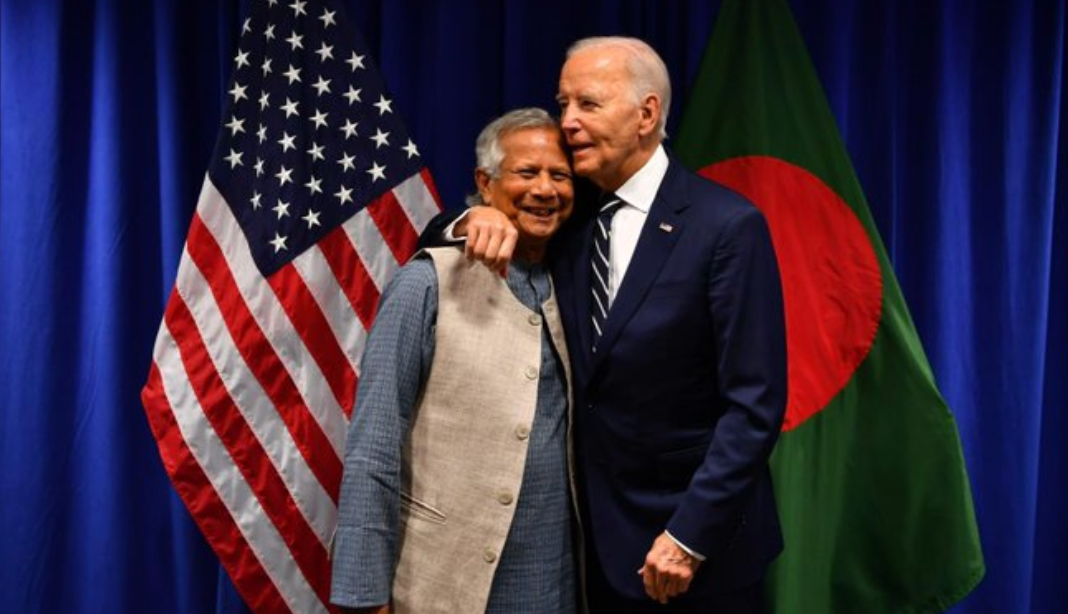US Journalist Tim Rogers Leaves Nicaragua Due To Threats From Sandinista Groups
April 29, 2018
US Intelligence Has Many Reporters in its Network, but that Provides an Excuse for Ortega to Label all Critics as Enemies of the State
Protests erupted throughout Nicaragua last week in response to plans to reduce social security benefits. Nicaraguan President Daniel Ortega later reversed this decision after as many as 63 protestors have been killed by government forces.
The Latin-America-focused news organization, Fusion, sent its editor, Tim Rogers, to report on the story. However, he left on Friday due to threats from pro-Sandinista groups labeling him as a CIA agent, per Nicaragua-based La Prensa.
Anyone familiar with the work of Fusion would never confuse it with a CIA front. (A correspondent from…say…The Washington Post, on the other hand, could deservedly receive such speculation.) Rogers (who had been fairly supportive of Ortega's cause) had lived and worked as a journalist in Nicaragua for many years. However, his critical anti-corruption reporting resulted in these kinds of smears in the past. With that said, being labeled as a CIA agent can be viewed as a death threat in Nicaragua in its current tumultuous state.
If you're not familiar with Nicaragua's current politics, Daniel Ortega is repeating the legacy of the Somoza dictatorship; albeit, as a corrupt left-wing tyrant. He’s been in power for decades and his real-life House of Cards saga was cemented by choosing his wife as his Vice President.
Daniel Ortega was legitimately elected president in 2007. However, he was reelected to a third consecutive term in 2016, which had been unconstitutional until the majority-party-dominated National Assembly voted to remove term limits.
Such egregious power grabs and more, however, haven’t been widely opposed. The Nicaragua economy has steadily improved during his time in office and crime has remained one of the lowest in a region plagued by violence. That has helped to placate opposition uprising.
Despite rampant corruption, Ortega has leveraged his geopolitical relationships. His vehement anti-American rhetoric has helped maintain strong ties with Venezuela, which has supplied Nicaragua with generous subsidies that have helped fund the country’s social programs.
To the contrary, Ortega has also been able to avoid much pressure from the U.S., in part, because he has been friendly to multi-national corporations. Although he professes to be a socialist, Ortega has given many cushy tax incentives for foreign investment.
All in all, there hasn’t been much public unrest as Ortega has consolidated political power. However, this recent protest may be a sign of changes to come.









